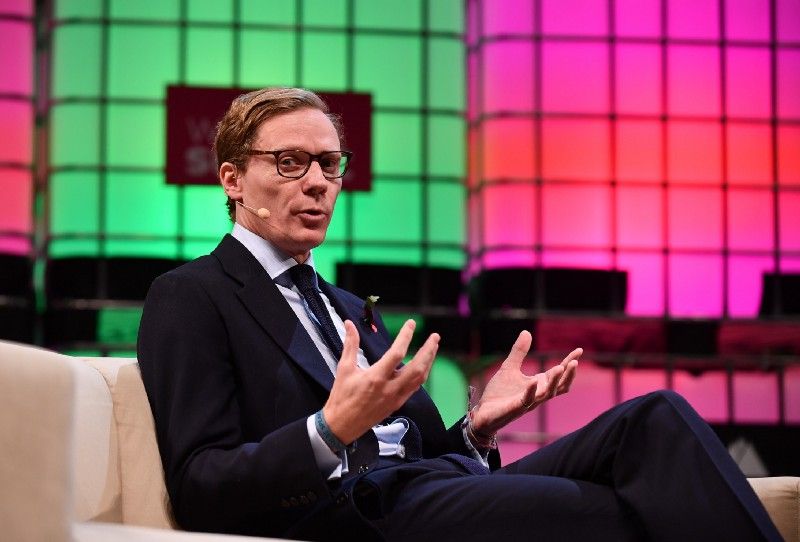You thought you were just clicking on viral cat videos, but it turns out you were really helping Steve Bannon build a “psychological warfare mindf**k tool.” Signal’s own Tsar of All the Technologies @kevinallison has some thoughts on what it means:
Cambridge Analytica, a data analysis firm that worked with the Trump campaign, allegedly obtained the personal data of more than 50 million Facebook users harvested by an outside researcher under dubious terms. They then used the data to mount a sophisticated voter influence strategy ahead of the election. Facebook is now under fire both for allowing users’ data to leak and for allegedly failing to ensure that it was deleted afterwards.
The episode is a nice example of the “hacking democracy’s software” idea that we tried out on you a few weeks ago, and it throws a harsh light on a pressing question: in a world where social media platforms are increasingly both the battleground — and the fodder — for political clashes: is a democracy only as supple as its privacy settings?
In that vein, it’s worth noting that the three largest economic zones on Earth differ significantly in how they treat privacy. Europe gives people the last word on how their personal data can be used — and imposes harsh penalties on rule-breakers. In China, it’s the government that has the real sovereignty over all data and information flows (Russia and Turkey are trying fitfully to do the same.)
But in the US, apart from some sector-specific exceptions such as healthcare and a general ban on deceptive trading practices, it falls to private companies to set their own privacy policies on their platforms. As Facebook and others have found out, profit-seeking, politics, and privacy don’t always fit together neatly. Capitol Hill is already circling around Facebook on this issue — is there a rude regulatory awakening in store for all the US tech giants?
